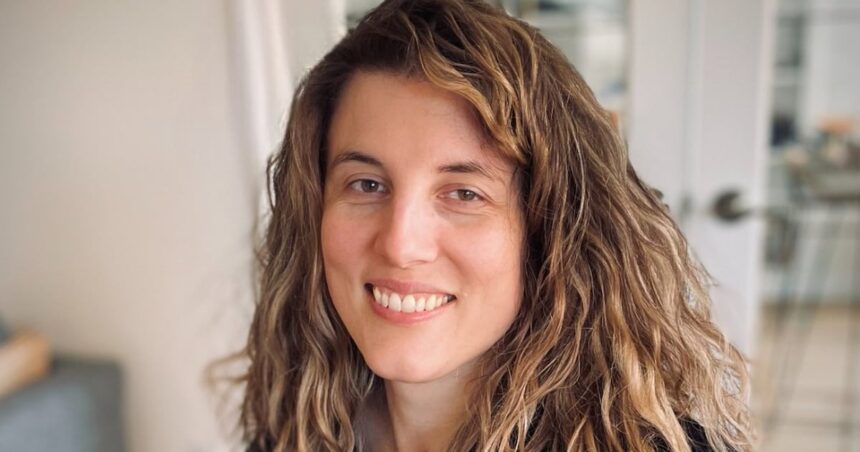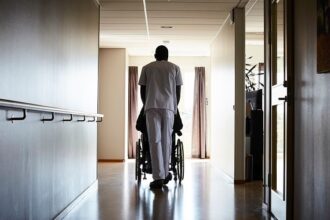In a significant ruling that underscores ongoing accessibility challenges in Canada’s healthcare system, the Alberta Human Rights Tribunal has sided with a disabled woman who was denied an ultrasound service at a Calgary medical clinic. The decision, announced yesterday, marks a pivotal moment for disability rights advocates who have long fought for equitable healthcare access across the province.
Emily Richardson, a 34-year-old Calgary resident with mobility impairments requiring the use of a wheelchair, was turned away from the Riverside Medical Imaging Centre in 2023 when staff claimed they couldn’t safely transfer her from her wheelchair to the examination table for a routine ultrasound procedure.
“I was made to feel like my disability was an inconvenience rather than a condition deserving of accommodation,” Richardson told CO24 in an exclusive interview. “The clinic essentially told me that my healthcare needs were less important because meeting them required additional effort.”
The tribunal determined that the clinic failed to meet its duty to accommodate Richardson to the point of undue hardship, a legal requirement under Alberta’s human rights legislation. According to the 20-page decision, the clinic made no meaningful attempts to explore accommodation options before refusing service.
Dr. Sarah Mahoney, a healthcare accessibility expert at the University of Alberta, explained that this ruling reflects broader systemic issues. “Medical facilities across Canada continue to operate with physical infrastructure and protocols designed primarily for able-bodied patients,” she said. “This creates substantial barriers for approximately 22% of Canadians living with disabilities.”
The tribunal ordered the imaging center to pay Richardson $12,500 in damages for injury to dignity and develop comprehensive accessibility policies. Additionally, staff must undergo mandatory training on disability accommodation within 90 days.
Disability Rights Alberta, which supported Richardson’s complaint, called the decision “a watershed moment for healthcare accessibility” in the province. “This ruling sends a clear message that medical services cannot simply opt out of providing care to persons with disabilities,” said Executive Director Michael Chen.
The case has drawn attention from political leaders across party lines. Alberta’s Health Minister issued a statement acknowledging the need for “system-wide improvements” to ensure medical facilities meet accessibility standards.
Medical facilities across Canada vary widely in their accessibility provisions, with rural and smaller urban centers often lagging behind major metropolitan areas. A 2023 survey by the Canadian Institute for Health Information found that nearly 40% of disabled Canadians reported facing barriers when accessing diagnostic imaging services.
Richardson hopes her victory will prompt meaningful change. “This was never just about me,” she said. “It’s about ensuring that every Canadian, regardless of physical ability, can access essential healthcare services with dignity.”
As medical facilities across Alberta review their accessibility protocols in light of this ruling, the broader question remains: will this decision finally catalyze the systemic changes needed to make Canadian healthcare truly accessible to all, or will people with disabilities continue to fight these battles one clinic at a time?
























